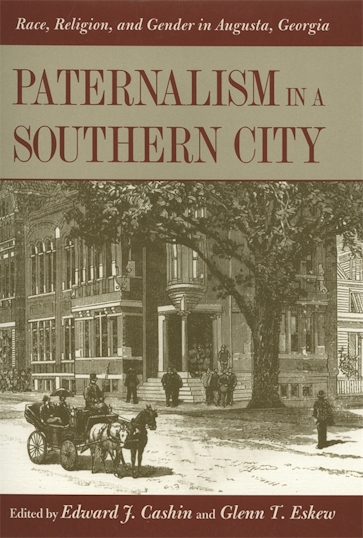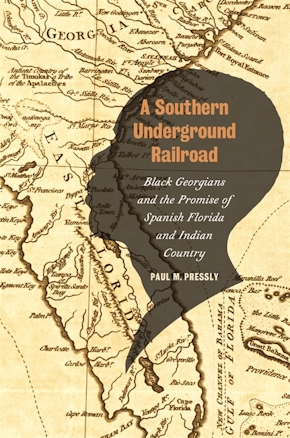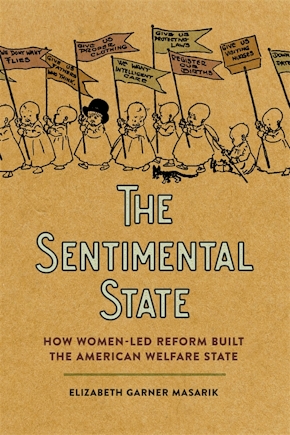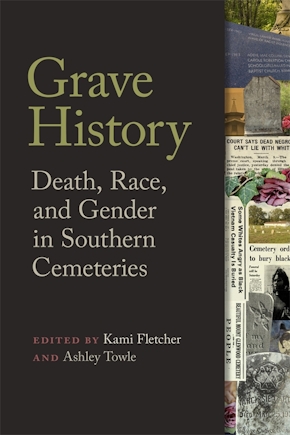Paternalism in a Southern City
Race, Religion, and Gender in Augusta, Georgia
Title Details
Pages: 256
Illustrations: 25 b&w photos
Trim size: 6.000in x 9.000in
Formats
Paperback
Pub Date: 02/28/2012
ISBN: 9-780-8203-4094-4
List Price: $29.95
Paternalism in a Southern City
Race, Religion, and Gender in Augusta, Georgia
Skip to
- Description
- Reviews
- Contributors
These essays look at southern social customs within a single city in the nineteenth and early twentieth centuries. In particular, the volume focuses on paternalism between masters and slaves, husbands and wives, elites and the masses, and industrialists and workers. How Augusta's millworkers, homemakers, and others resisted, exploited, or endured the constraints of paternalism reveals the complex interplay between race, class, and gender.
One essay looks at the subordinating effects of paternalism on women in the Old South—slave, free black, and white—and the coping strategies available to each group. Another focuses on the Knights of Labor union in Augusta. With their trappings of chivalry, the Knights are viewed as a response by Augusta's white male millworkers to the emasculating "maternalism" to which they were subjected by their own wives and daughters and those of mill owners and managers. Millworkers are also the topic of a study of mission work in their communities, a study that gauges the extent to which religious outreach by elites was a means of social control rather than an outpouring of genuine concern for worker welfare. Other essays discuss Augusta's "aristocracy of color," who had to endure the same effronteries of segregation as the city's poorest blacks; the role of interracial cooperation in the founding of the Colored Methodist Episcopal Church as a denomination, and of Augusta's historic Trinity CME Church; and William Jefferson White, an African American minister, newspaper editor, and founder of Morehouse College.
The varied and creative responses to paternalism discussed here open new ways to view relationships based on power and negotiated between men and women, blacks and whites, and the prosperous and the poor.
This collection of excellent essays deserves attention from anyone interested in the South's urban history.
—North Carolina Historical Review
The chapters are an interesting mix of topics from which the underlying theme of paternalism emerges. The collection provides a remarkable view of nineteenth-century Augusta.
—Journal of Southern History
The essays' chronological sweep is broad and ranges from insights into Augusta's colonial history to reflections on the present. . . . Overall, this is an impressive collection of essays.
—Journal of American History
A fine and coherent book.
—History: Review of New Books
By treating paternalism in an urban setting, the book illustrates how cities, such as Augusta, were often as steeped in paternalism as plantation society. Paternalism in a Southern City thus constitutes a new approach to an old idea.
—Southern Historian
Editors Cashin and Eskew deserve praise for putting together a fine book, equipped with well-documented essays and a lengthy bibliography.
—Florida Historical Quarterly
Bobby J. Donaldson
John C. Inscoe
Julia Walsh
Kent Anderson Leslie
Lee Caldwell
LeeAnn Whites
Michele Gillespie



